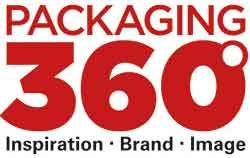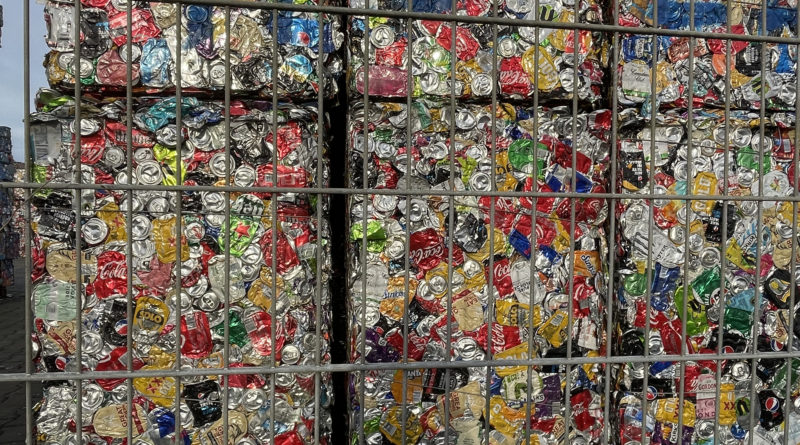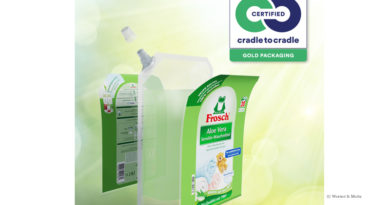Study: Tax on Beverage Packaging Would Help the Environment
Does a tax on beverage packaging make sense? And what is its purpose? A study commissioned by the German Nature and Biodiversity Conservation Union (NABU) investigated these questions.
A tax on beverage packaging can help reduce the ecological impact of its production, use, and disposal. It starts with the resource consumption of the packaging and rewards ecologically optimized reusable systems and the use of recycled materials in the production of beverage containers. This is shown by a recent study conducted by the Öko-Institut and Professor Dr. Stefan Klinski on behalf of NABU. According to the results of this study, such a tax can provide incentives for material savings, which in total can avoid up to 2.8 million tons of climate-damaging greenhouse gases per year.
„A tax based on the greenhouse gas emissions of resource consumption would lead to environmentally beneficial beverage packaging such as reusable systems and the use of recycled materials gaining a higher market share in the beverage market. In this way, resources can be conserved, and waste avoided,“ says Günter Dehoust, an expert on circular economy from the Öko-Institut, summarizing the tax effect. „Not least, this would be in line with EU requirements on resource conservation and waste management.“
A legal review in the present report showed that „the introduction of a beverage tax is legally possible in principle and does not conflict with other regulations,“ says Professor Dr. Stefan Klinski of the Berlin School of Economics and Law.
CO2 emissions in the production of beverage packaging
The study analyzes CO2 emissions in the production of the most important types of packaging for three different types of beverages – beer, wine, and non-alcoholic beverages – as examples: glass (disposable and reusable), PET (disposable and reusable), aluminum and tinplate cans, and beverage cartons.
The analysis shows: The production of the aforementioned packaging currently generates around 4.3 million metric tons of CO2 equivalents (million t CO2e). If the reusable quota for these containers was increased to 70 percent, greenhouse gas emissions could be cut by almost half to around 2.4 million t CO2e.
The savings potential is greatest for non-alcoholic soft drinks: a total of around 25.5 billion liters of these are packaged today, causing around three million t CO2e. Only by reducing the number of disposable containers, around 1.5 million t CO2e could be saved. This is equivalent to the emissions generated for the production of electricity for around one million two-person households per year.
Financial impact of the beverage packaging tax
The tax taken as a basis addresses the production of primary materials per package and the associated greenhouse gas emissions. For single-use packaging, it could be around 14 cents for 1 liter of soft drinks in a carton or 1.38 euros for a 0.75-liter single-use glass bottle. For returnable systems, the tax would be much lower: between three cents for returnable glass bottles for soft drinks to 16 cents for aluminum beer cans. The tax would only be due when the packaging is placed on the market for the first time. In the case of returnable packaging with several circulations, it would be reduced accordingly.
The tax amount selected in the study would result in non-alcoholic soft drinks or waters in 1-liter non-refillable PET containers, for example, becoming 62 cents more expensive. The same beverage in a 1-liter PET returnable bottle, on the other hand, would only increase in price by seven cents if 18 circulations were achieved. The price of beer in returnable glass bottles would rise by five cents, and beer in aluminum cans would become 16 cents more expensive.
The study estimates the revenue for the German government from a tax on beverage containers at up to 15 billion euros per year. This sum would then drop to around half, if the beverage industry switched to sustainable filling systems.
„If manufacturers and bottlers switch to reusable systems in good time, the financial burden will remain manageable,“ emphasizes Martin Gsell, project manager of the study at the Öko-Institut. „The tax revenue should primarily be used to further support specific projects to switch to sustainable packaging systems.“




